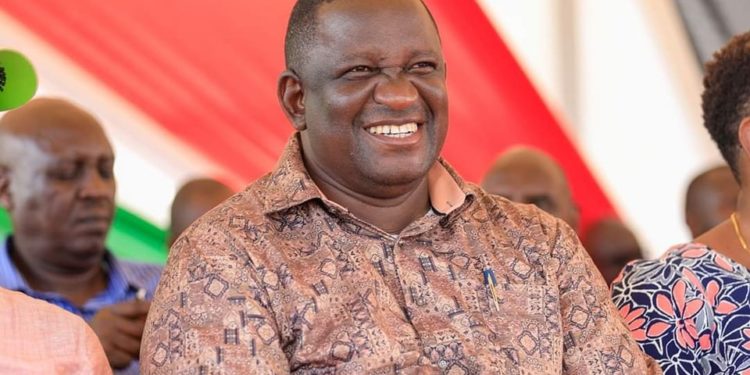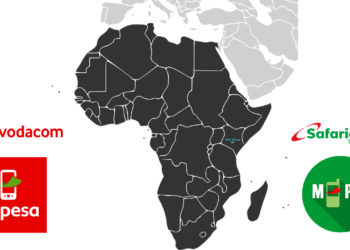Kenya is set to achieve notable progress in its maritime transport sector, courtesy of a substantial €2 million (approximately KES 336 million) grant from the European Union (EU). This funding is part of a broader initiative aimed at enhancing energy efficiency within the rapidly expanding maritime industry.
The grant will be managed through the Maritime Technology Cooperation Centre (MTCC Africa), integrated into the Global Maritime Network (GMN). Funded by the EU, GMN operates under the auspices of the International Maritime Organization (IMO). The primary hub for MTCC Africa will be located at the Mombasa Campus of Jomo Kenyatta University of Agriculture and Technology, underscoring Kenya’s commitment to integrating advanced technology and education in its maritime pursuits.
A collaborative effort between the Kenya Maritime Authority and the Kenya Ports Authority, this center exemplifies a synergistic approach to maritime development. The project aligns with Kenya’s ongoing initiatives to bolster its maritime sector, particularly in terms of energy efficiency and environmental sustainability.
Salim Mvurya, the Cabinet Secretary for Mining, Blue Economy, and Maritime Affairs, emphasized the significance of this initiative during his address at the 33rd regular session of the IMO assembly. He underscored the global maritime community’s objective of achieving net-zero emissions by 2050, recognizing the pivotal role of platforms like the IMO in guiding these endeavors. Mr. Mvurya also urged IMO member states to uphold their responsibilities towards maritime safety, efficiency, security, and environmental protection.
Beyond technological advancements, Kenya is prioritizing human capital development in the shipping and maritime sector. The establishment of specialized training institutions for seafarers attests to this commitment. CS Mvurya expressed a keen interest in collaborating with international allies to further enhance training and development opportunities for Kenyan youth, preparing them for roles in international shipping.
This EU funding represents a significant stride in modernizing Kenya’s maritime infrastructure, aligning it with global standards for energy efficiency and environmental stewardship. It not only signifies a pivotal moment in Kenya’s maritime advancement but also establishes a precedent for sustainable development in the African maritime industry.


















